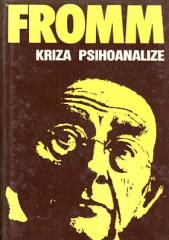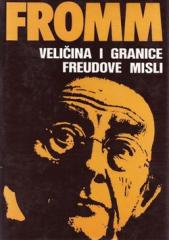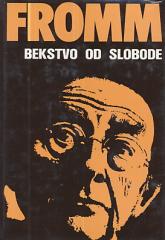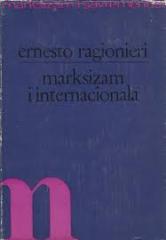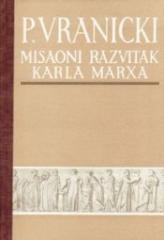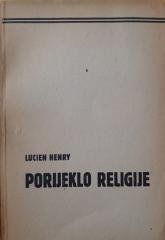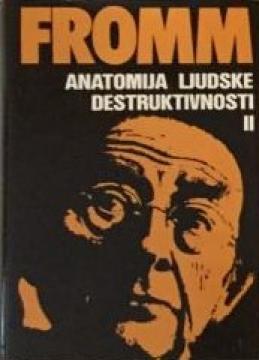
Anatomija ljudske destruktivnosti 2
U ovoj klasičnoj studiji iz 1973. godine, Erich Fromm dubinski istražuje korijene ljudske destruktivnosti. Knjiga nije samo kritika nasilja, već široka analiza kako biološki, psihološki i društveni faktori oblikuju našu sklonost uništenju.
Fromm osporava popularnu ideju da je destruktivnost urođena "životinjska" agresija, naglašavajući da je kod čovjeka ona složenija – benigna (zaštitna) ili maligna (nekrofilna, ljubav prema smrti).
Knjiga se dijeli na ključne dijelove:
- Tamna strana ljudske prirode: Destruktivnost je aktivna tendencija uništavanja života i njegovih uvjeta, dio ljudskog stanja. Neokorteks omogućuje razumijevanje, ali može pojačati destrukciju. Rano djetinjstvo, posebno majčinska ljubav i sigurnost, ključno je za formiranje karaktera – nedostatak može roditi agresiju.
- Korijeni nasilja: Historijski, nasilje je bilo mehanizam preživljavanja za hranu i teritoriju kod ranih ljudi. Kasnije su ga opravdale institucije poput religije i politike. Fromm uvodi pojam nekrofilije – metaforičku opsesiju smrću, vidljivu u društvima koja slave rat, oružje i materijalnu moć, poput fašizma.
- Individua i društvo: Društvene strukture – obitelj, obrazovanje, ekonomija – oblikuju ličnost. Kapitalizam s natjecanjem, nejednakošću i otuđenjem potiče destruktivnost. Fromm analizira slučajeve nekrofilnih pacijenata (npr. one koji lutaju grobljima) i sanje, pokazujući kako se destrukcija manifestira.
- Poziv na transformaciju: Fromm zove na prepoznavanje destruktivnosti na individualnoj i društvenoj razini. Predlaže pomak od nekrofilne (smrt-oriented) ka biophilnoj orijentaciji (slavlje života, ljubav, solidarnost, kreativnost). Samo humanističke vrijednosti mogu zaustaviti "orgije uništenja" i promovirati mir.
Fromm koristi historijske primjere (npr. nacizam) i antropološke studije da pokaže da destruktivnost nije sudbina, već proizvod uvjeta postojanja. Knjiga je globalna analiza koja omogućuje čitateljima samostalnu procjenu podataka, upozoravajući da čovjek uništava ponekad samo radi uništenja. Ovo djelo ostaje relevantno u eri sukoba, podsjećajući da je promjena moguća kroz svijest i etiku.
Nema primjeraka u ponudi
Poslednji primjerak je nedavno prodan.
